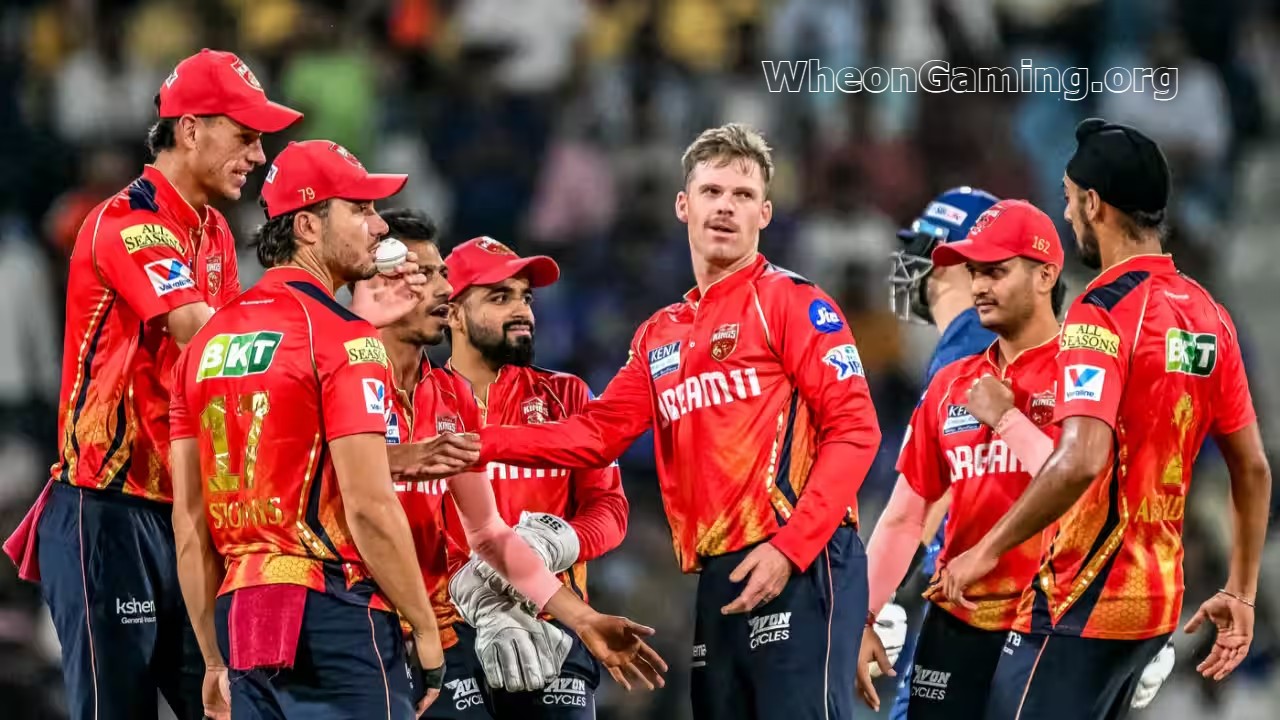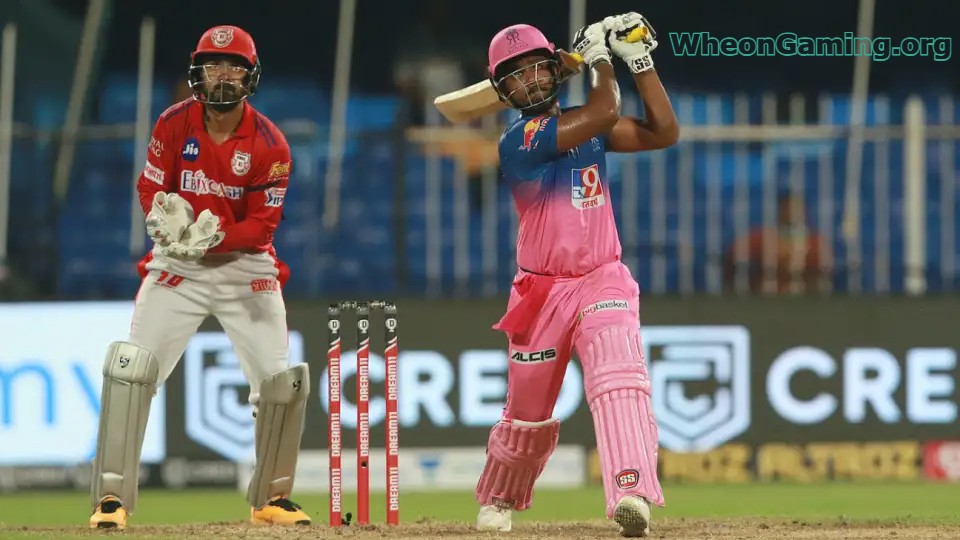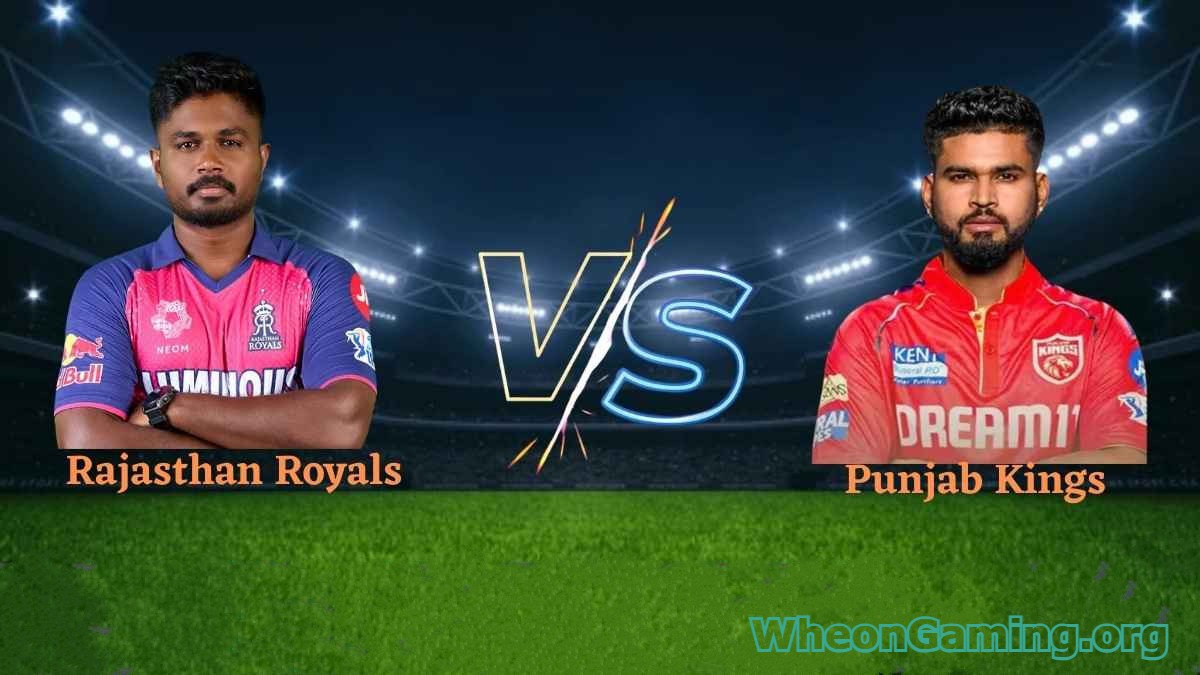Introduction
The debate between Royals vs Kings is more than just a historical one; it touches upon cultural, political, and social aspects of society. Whether it’s the royal families of Europe, the royal families of Asia, or the sports teams in leagues like the IPL, the comparison holds a certain charm and excitement for fans, historians, and enthusiasts worldwide.
In this article, we’ll dive deeper into the roles of Royals vs Kings, comparing their duties, responsibilities, and significance. We’ll also explore the Royals vs Kings comparison in different contexts, including history, culture, and even sports. Through this journey, we aim to bring clarity to the unique yet interconnected roles these figures play in shaping societies around the world.
1. What Are Royals?

The term “Royals” is typically used to refer to the members of a royal family. It includes individuals who hold titles such as princes, princesses, dukes, duchesses, queens, and consorts. These figures are part of a larger monarchal structure but are often not the primary ruler.
Their roles are often ceremonial, with duties like representing their country, participating in state functions, and supporting charitable causes. While they do not always wield political power, they hold considerable cultural and symbolic influence within their countries and even internationally.
Royals play an essential part in preserving the heritage and traditions of their nations. For example, the British royal family is a prime example of how Royals can become cultural icons and symbols of national identity. Despite having no governing power, they influence public opinion and contribute to various social causes and charitable organizations.
2. What Are Kings?
Kings, on the other hand, hold a different position within the monarchy. As the reigning monarch, a King is often the most powerful figure in a kingdom, ruling over the people and territory.
Traditionally, Kings had full sovereignty, making decisions that affected their nation’s laws, military, and economic policies. Historically, Kings were warriors, strategists, and lawmakers, making significant contributions to their empires’ growth and survival.
In modern times, the role of Kings has evolved. In many nations, the title of King is now ceremonial or symbolic, with governing power being transferred to a democratic government. However, in some monarchies like Saudi Arabia, Kings still hold significant political power and influence. In these countries, the King is the head of state, exercising full control over political matters.
3. Royals vs Kings: A Historical Perspective
Throughout history, the roles of Royals vs Kingss have often overlapped, with Kings also being members of royal families. The distinction between the two became clearer over time as monarchies evolved. In earlier times, Kings were absolute rulers, while Royals were secondary figures with no governing authority.
The importance of Kings in shaping history cannot be overstated. Kings like Louis XIV of France, Henry VIII of England, and Genghis Khan of Mongolia were instrumental in shaping the political, cultural, and social landscapes of their respective countries. Their legacies still influence modern nations today.
4. The Evolution of Royals
In today’s world, the role of Royals has changed dramatically. Most modern monarchs, like Queen Elizabeth II or King Felipe VI of Spain, are constitutional monarchs, meaning their political power is limited by law. They no longer rule with absolute authority, but instead serve as ceremonial heads of state, with governments and elected officials handling day-to-day governance.
This shift has made the role of Royals more symbolic, with duties focused on diplomacy, charity work, and national representation. Royals are seen as the embodiment of national history and pride. For instance, the British royal family is involved in numerous charitable activities and serves as a bridge between the UK and other nations.
5. The Reigning Power of Kings
On the other hand, in nations where Kings retain significant power, they continue to govern and make decisions that affect the lives of their citizens. In countries like Saudi Arabia, the King holds both political and religious authority. The King’s power is often derived from both hereditary tradition and religious mandate, making the role of the King much more influential than that of other Royals.
This dual role of Kings as both political leaders and cultural symbols sets them apart from Royals who primarily serve ceremonial purposes. Kings not only shape the political landscape but also play an essential role in maintaining social and religious norms within their nations.
6. Royals and Kings in Popular Culture
In popular culture, Royals vs Kings have become larger-than-life figures. Royals are frequently depicted in films, documentaries, and books, often symbolizing wealth, power, and a connection to historical tradition. The lives of Royals are closely followed by the media, and their weddings, births, and scandals are often front-page news.
Kings, on the other hand, are portrayed as strong and authoritative leaders, especially in historical fiction or fantasy genres. Kings like Arthur from the Arthurian legends or Game of Thrones’ King Robert Baratheon highlight the classic image of Kings as rulers of vast empires, making critical decisions that impact their kingdoms.
7. The Power Dynamics: Royals vs Kings
One of the key distinctions between Royals vs Kings is the power dynamics. Kings historically wielded much more power, having control over their nations’ political and military affairs. Royals, however, were typically bound to ceremonial roles without the direct power to govern.
In the modern world, Kings still hold significant power in certain countries, whereas Royals serve as national symbols. However, there are exceptions, such as constitutional monarchs who, while not involved in day-to-day politics, still serve as a stabilizing force in their nations.
8. Royals in Sports: IPL’s Royals vs Kings

In the realm of sports, the Royals vs Kings rivalry takes on a different meaning. Specifically, in the Indian Premier League (IPL), two of the most popular cricket teams are Rajasthan Royals and Punjab Kings. These teams are not just known for their performances on the field but also for their passionate fan bases and historic clashes.
The term Royals vs Kings in sports draws an interesting parallel to the royal title debate. While the Royals team may have a regal connotation, the Kings team, as their name suggests, embodies authority and leadership. This rivalry creates excitement and a competitive atmosphere every time these teams face each other on the cricket field.
9. Royals vs Kings in Modern Governance
In today’s political landscape, Kings still have a significant role in some countries, while Royals have seen their power diminish over time. In many constitutional monarchies, the monarch is more of a figurehead, with a prime minister or president handling the country’s political affairs.
This transition is seen in the UK, where the British royal family no longer governs but instead represents the country on the international stage. In contrast, Kings in countries like Brunei and Saudi Arabia hold more power in both governance and cultural matters.
10. The Symbolism of Royals
The symbolism behind the role of Royals is crucial in understanding their importance. While they may not have political power, Royals act as the keepers of national heritage and traditions. They are symbols of continuity and stability, often providing a sense of pride to the nation they represent.
Even in nations with elected leaders, Royals continue to maintain a cultural connection with the past. Their presence often reminds the citizens of their history and the values that have shaped the country over time.
11. The Legacy of Kings
Kings leave behind a legacy of governance, lawmaking, and leadership. They are remembered for their ability to unite or divide their people. Kings like Alexander the Great and King Henry VIII have been immortalized not just in history books but also in the cultural fabric of their respective countries.
The legacy of Kings is often marked by their ability to instigate change, whether through military conquests or sweeping political reforms. Their decisions echo through history, influencing future generations and shaping the world in ways that Royals, by and large, do not.
Conclusion
In the modern era, the distinction between Royals vs Kings has blurred, with Kings serving in both governing and symbolic roles while Royals continue to represent cultural identity. The power dynamics between the two have shifted dramatically, yet both play a significant role in shaping society, culture, and governance.
Whether in sports, history, or modern politics, the debate between Royals vs Kings highlights the different ways in which power and influence can manifest in the world. While Kings may rule with authority, Royals continue to symbolize the traditions and cultural pride of their nations, creating a balance that sustains both the past and the future.
